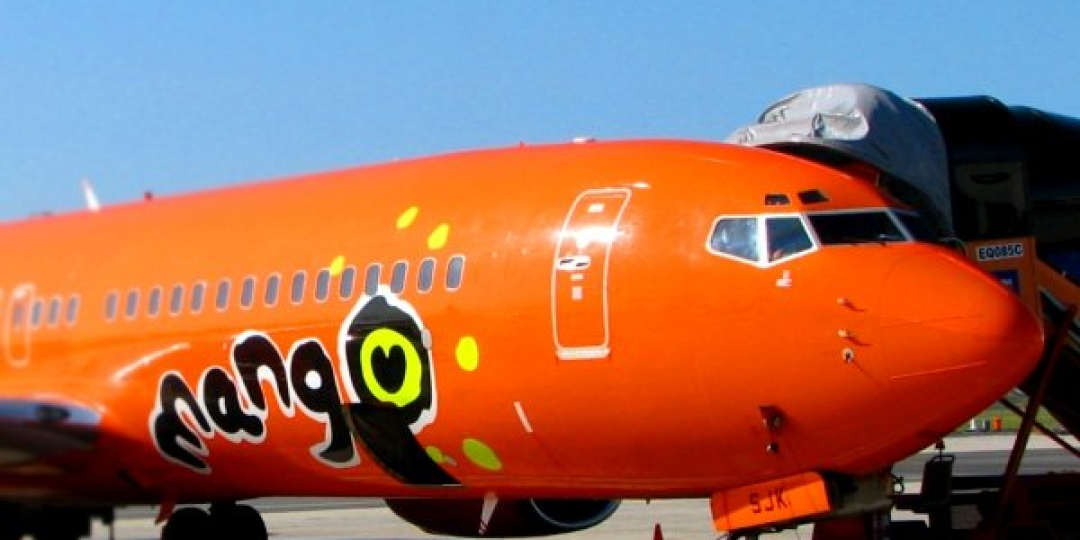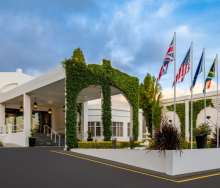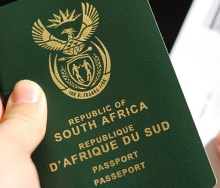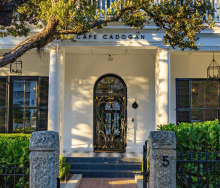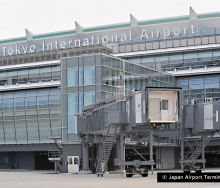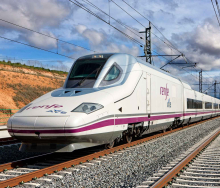THE sale of Mango Airlines looks inevitable, and in the opinion of one aviation expert would be a good thing. But SAA, as the mother company to Mango, has confirmed it will first meet with creditors, who could ultimately decide whether the airline’s Business Rescue Plan is adopted or thrown out.
SAA faced an outcry from Mango’s pilots earlier in the month when Mango’s Business Rescue Plan revealed that SAA had no desire to keep operating Mango as a subsidiary. As a result, the report by Mango’s Business Rescue Practitioners (BRPs) suggested that the low-cost subsidiary should look for a new investment partner to fund it.
Ahead of the November 15 meeting with Mango’s creditors, SAA has sought to reaffirm what it calls its “commitment to ensure Mango Airlines is rescued for the benefit of all stakeholders”.
The Department of Public Enterprises (DPE) is still silent on the matter, making it impossible to know, beyond the mention in the Business Rescue Plan, whether or not the national government has a desire to retain an interest in Mango.
The BRPs’ report recommended that Mango aim to restart services in December to capitalise on summer traffic and to help protect its rights on prized regional routes to places such as Zanzibar, failing which, Mango should consider mothballing its operations and focus on finding a new equity partner. Either way, it’s the BRPs’ recommendation that Mango should be sold.
Funds before flights
This week (November 11) issued a media statement whichquashed plans to restart flights in December when it said there was no working capital to fund Mango’s business operations. It’s SAA’s view that the available funds should rather be used to restructure the airline and urgently find a Strategic Equity Partner (SEP) who would fund the business.
SAA also denied any misalignment between the board at SAA and Mango’s BRPs and said, rather, it is a matter of when operations should resume.
Interim Chairperson, Professor John Lamola, said: “We believe that finding an SEP for the low-cost carrier would be a sustainable solution. We acknowledge that this is a difficult and frustrating time for all stakeholders of Mango, and all we can ask is that the process being followed be allowed to complete its course in expectation of an equitable solution.”
The case for Mango vs 2
Experienced senior international consultant and transport economist specialising in aviation,
Joachim Vermooten, is also a chartered accountant CA (SA) and registered auditor (IRBA). A well-known commentator on aviation matters, he said an equity partner would help to overcome the obvious conflict of interest that exists between SAA and Mango – both financially and business-wise.
Vermooten said SAA and its shareholder partners at government level had no real obligation to revive Mango, and he expected that the board of SAA would act in its own interest. He described the situation as two dogs fighting over the same bone.
He said he wondered why Mango wasn’t sold while it was in better condition pre-COVID-19. One of the few qualified individuals willing to speak on record about the situation between Mango and SAA, Vermooten said: “There’s no such thing as friendly competition.”
But, he’s confident that there’s a case for a revived, re-capitalised and streamlined Mango that’s fully independent of SAA.
While the DPE has remained silent on the matter (multiple attempts by Travel News to communicate with the Department were unsuccessful) Vermooten explained that national government had no commitment to support any of its investments, as seen with South African Express (SAX), which ended in a drawn-out liquidation process.
“The two cases differ a bit,” Vermooten said. “Mango carved out a market niche. The problem was that it over-expanded. Market demand has reduced (since COVID-19), and that makes it different. Pre-COVID-19, Mango could have scaled down and undergone a quick restructure. Is there still a case for the business? Yes, I believe that there is.”
He recommended that the first place for any investor to start was trimming Mango’s fleet to three or four aircraft, something the airline’s BRPs also identified in their strategy. Regional routes make sense, he said, provided they don’t require dedicated aircraft and can be added on to domestic routes.
Vermooten said the absence of a functioning Air Services Licensing Council (ASLC) in South Africa, which would usually handle new domestic route applications, could be another stumbling block for a new Mango.
Having worked extensively in the North American market, Vermooten said the SAA-Mango relationship was not unique. Many legacy carriers in the US launched and closed low-cost subsidiary brands, he said.
Vermooten said SAA faced a disadvantage in the local market because having larger aircraft meant it had to carry more passengers than its competitors. According to his calculations, a load factor of 75% on an SAA flight equated to around 65% on a kulula.com or FlySafair-operated flight.
“The ideal, in my view, is that a private-sector investor comes along and the airline becomes a little smaller. It can regain its reputation in the market very quickly. That’s my wish. The National Government doesn’t have the ability, or the willingness, to support Mango. That’s been clear for a very long time.”
Ultimately, Vermooten said the decision rested with SAA. “The Minister (Pravin Gordhan,) has to approve it; but I don’t see there’s any law preventing the sale of Mango from happening.”
